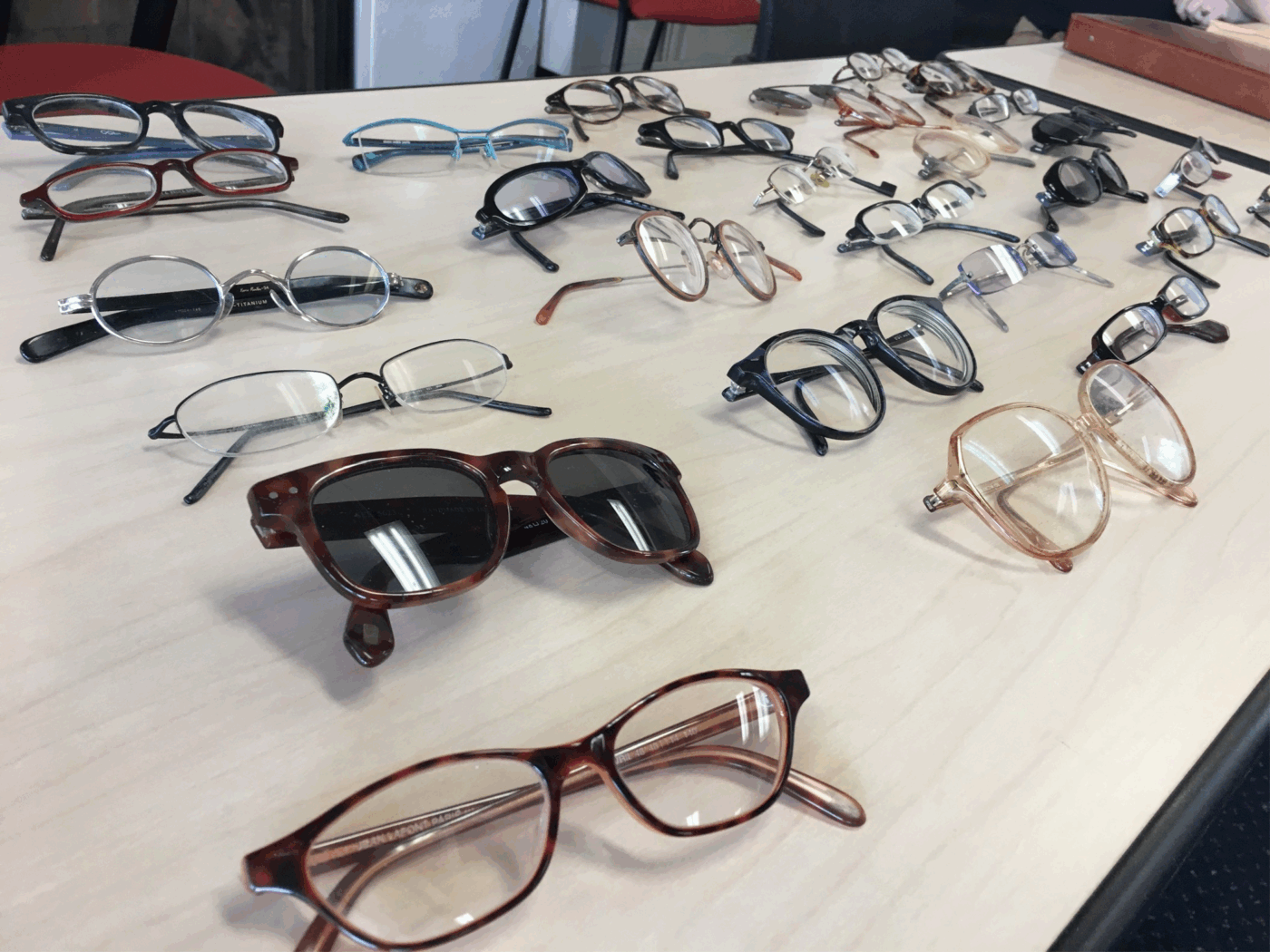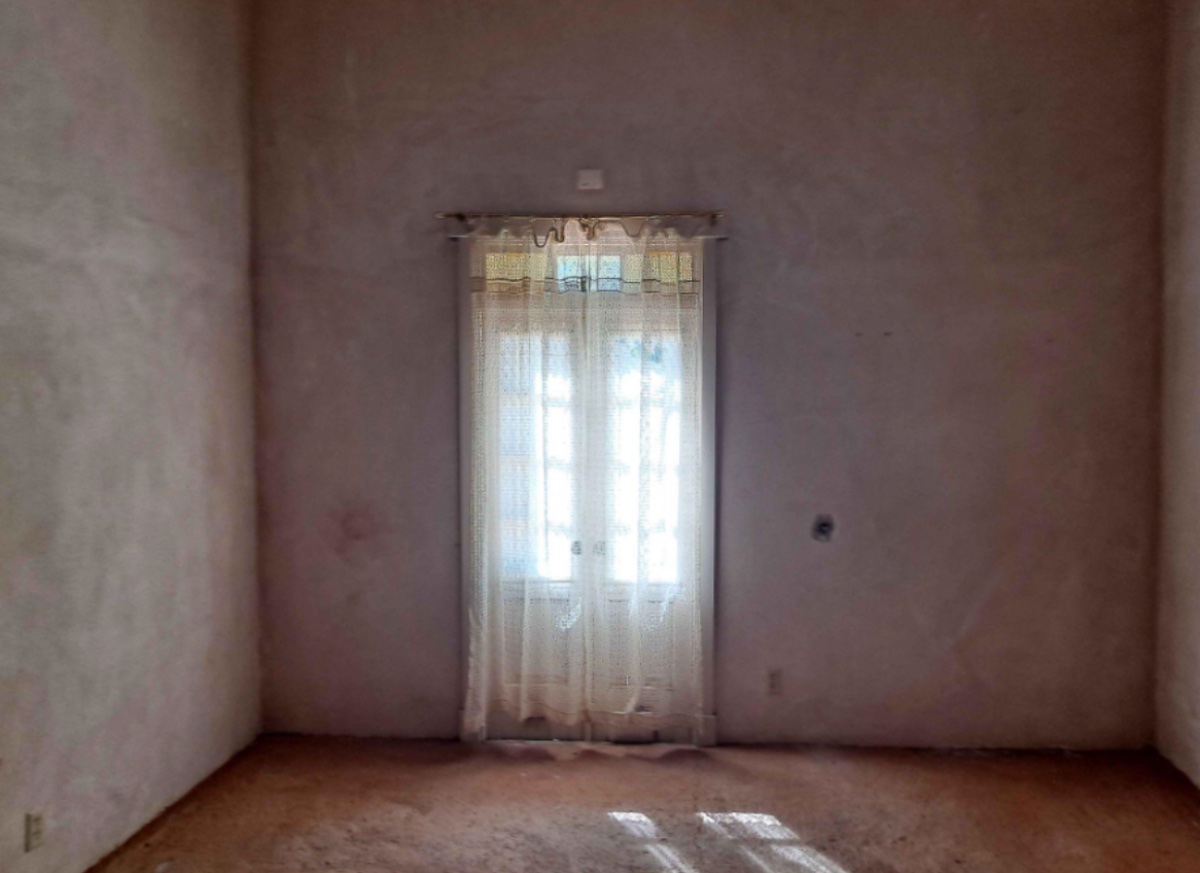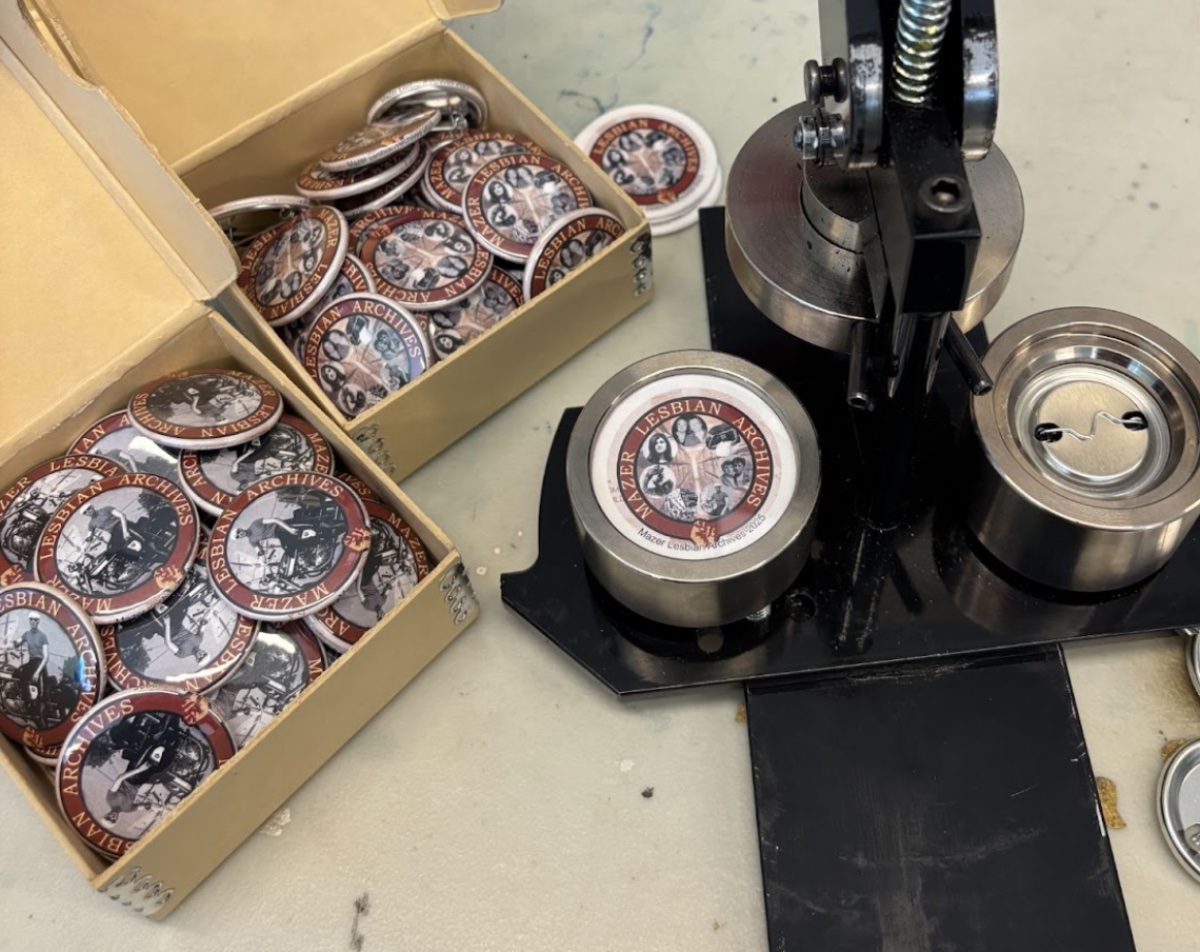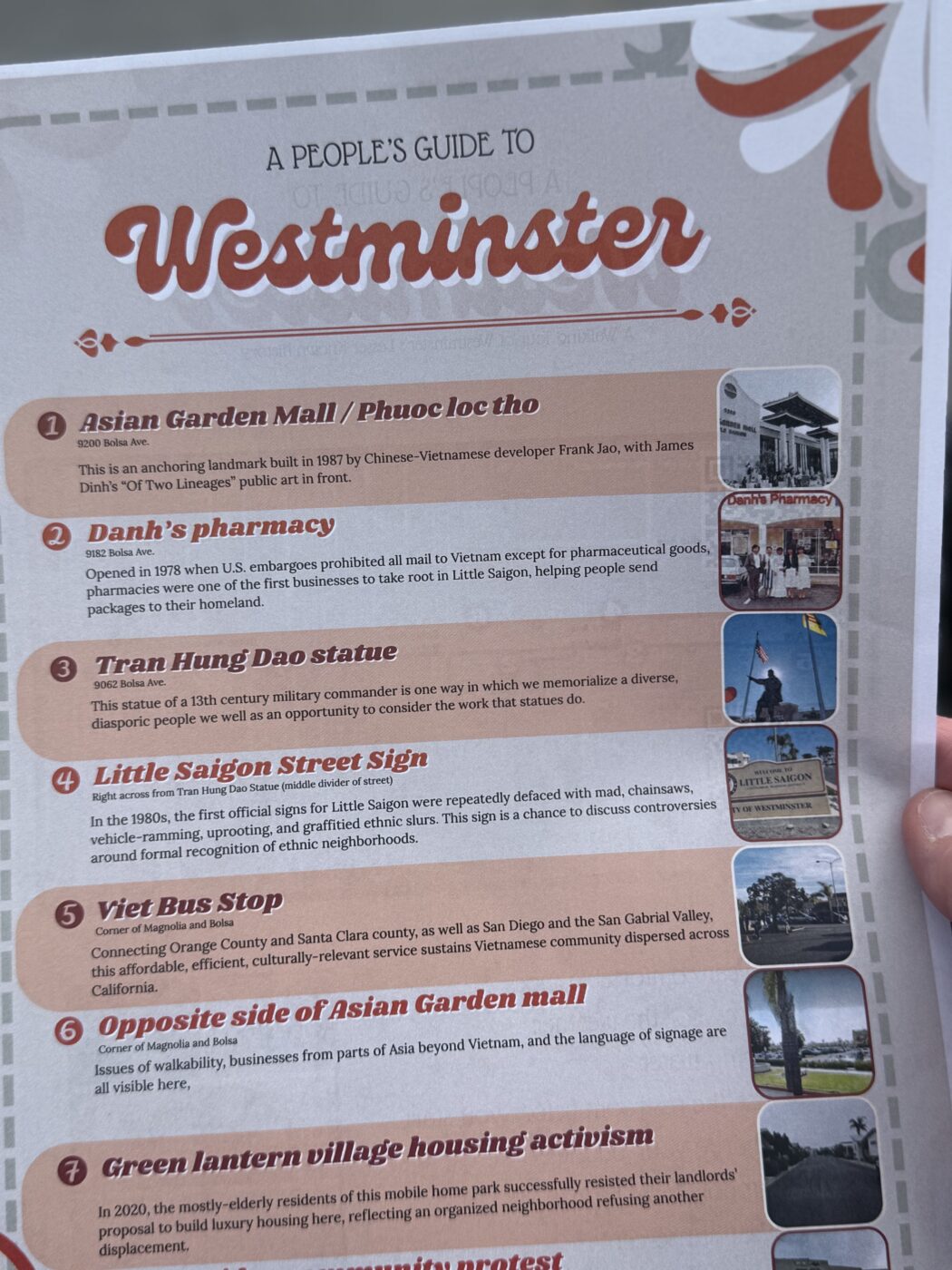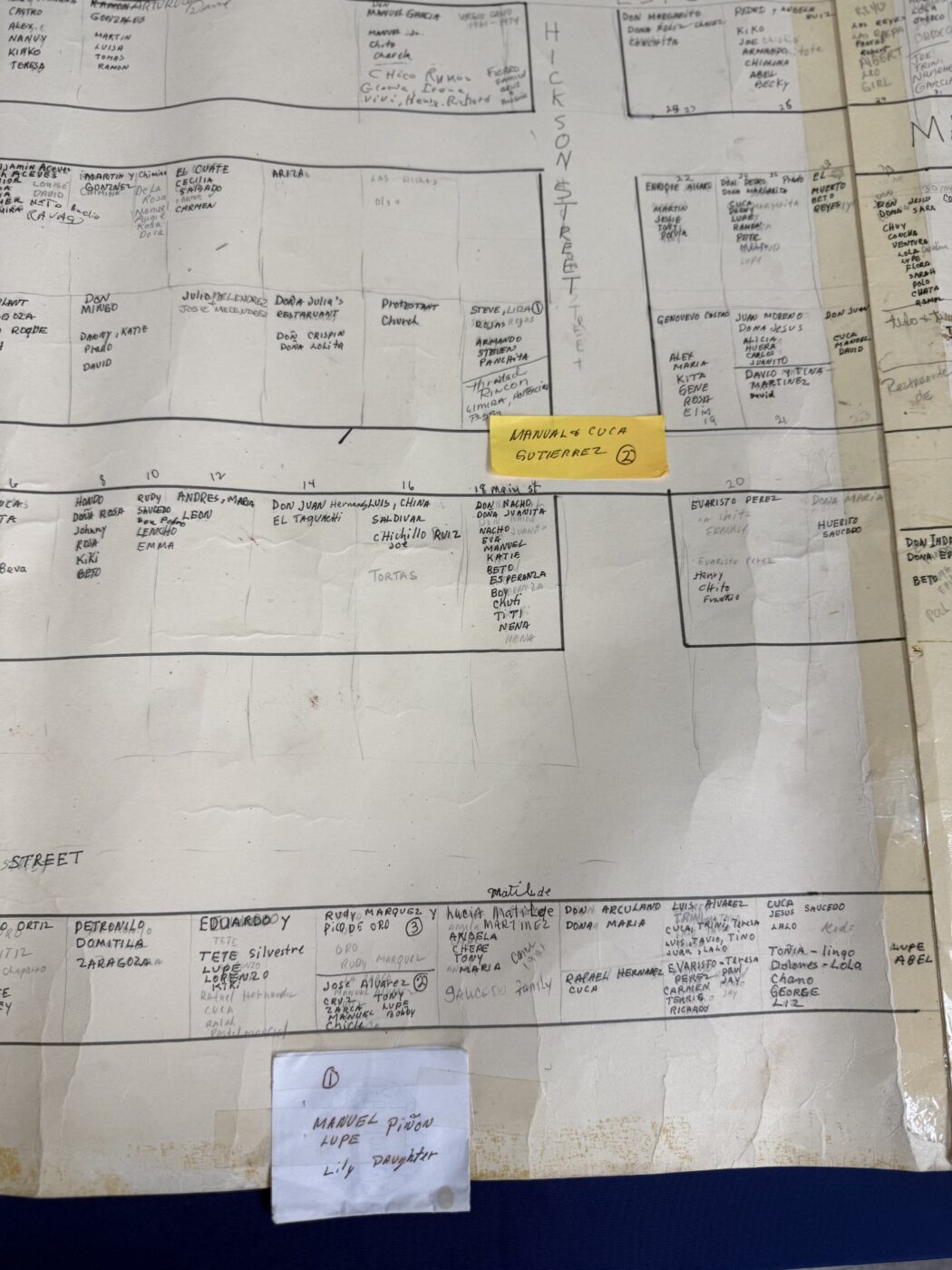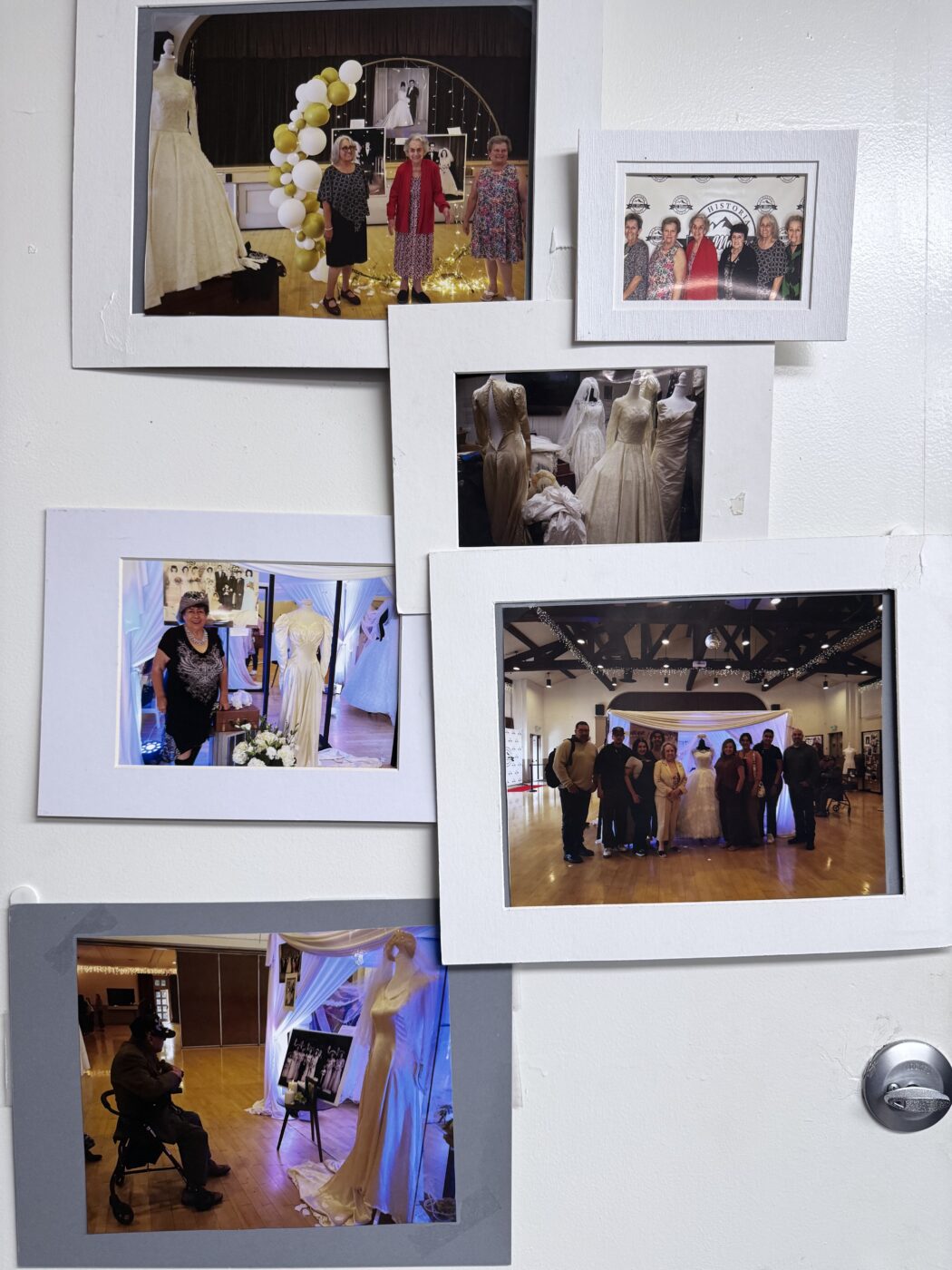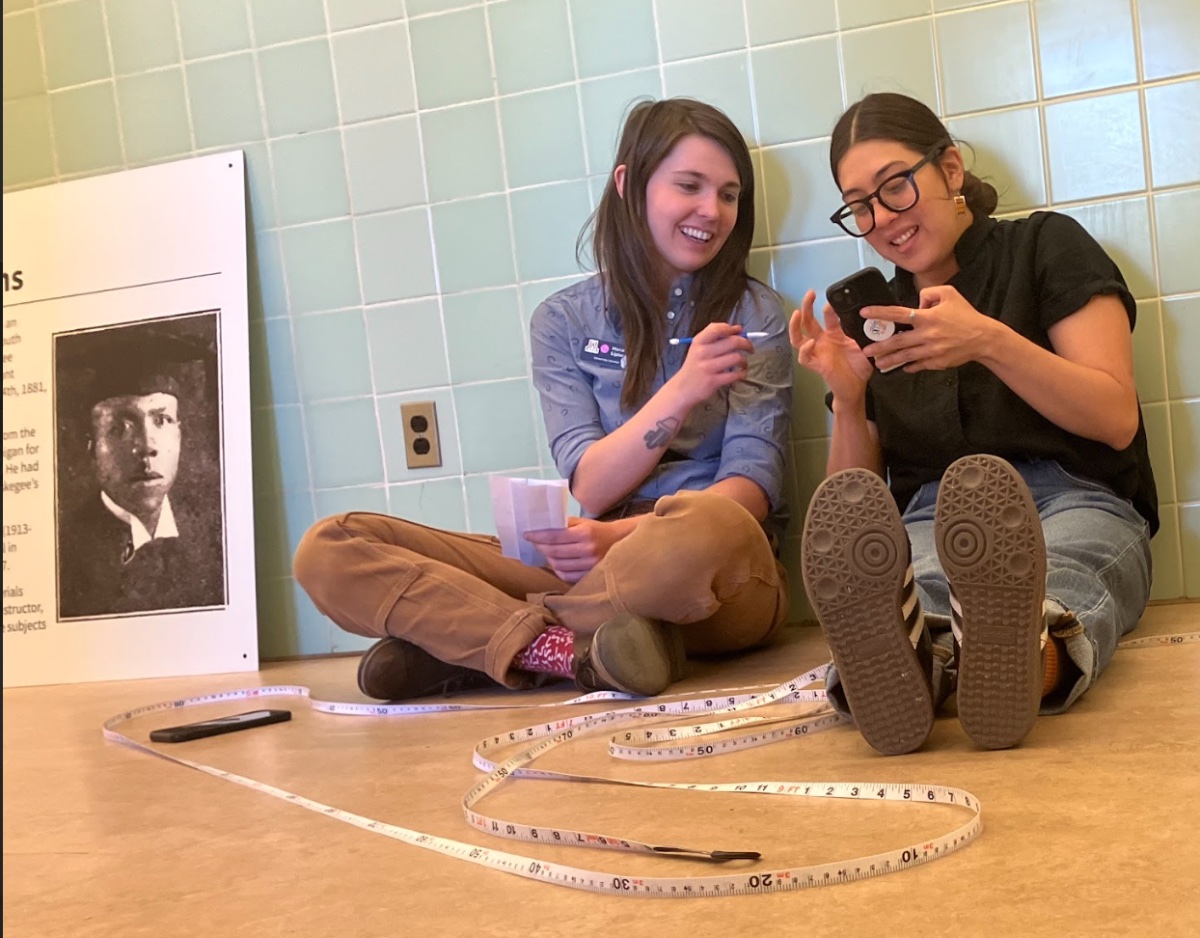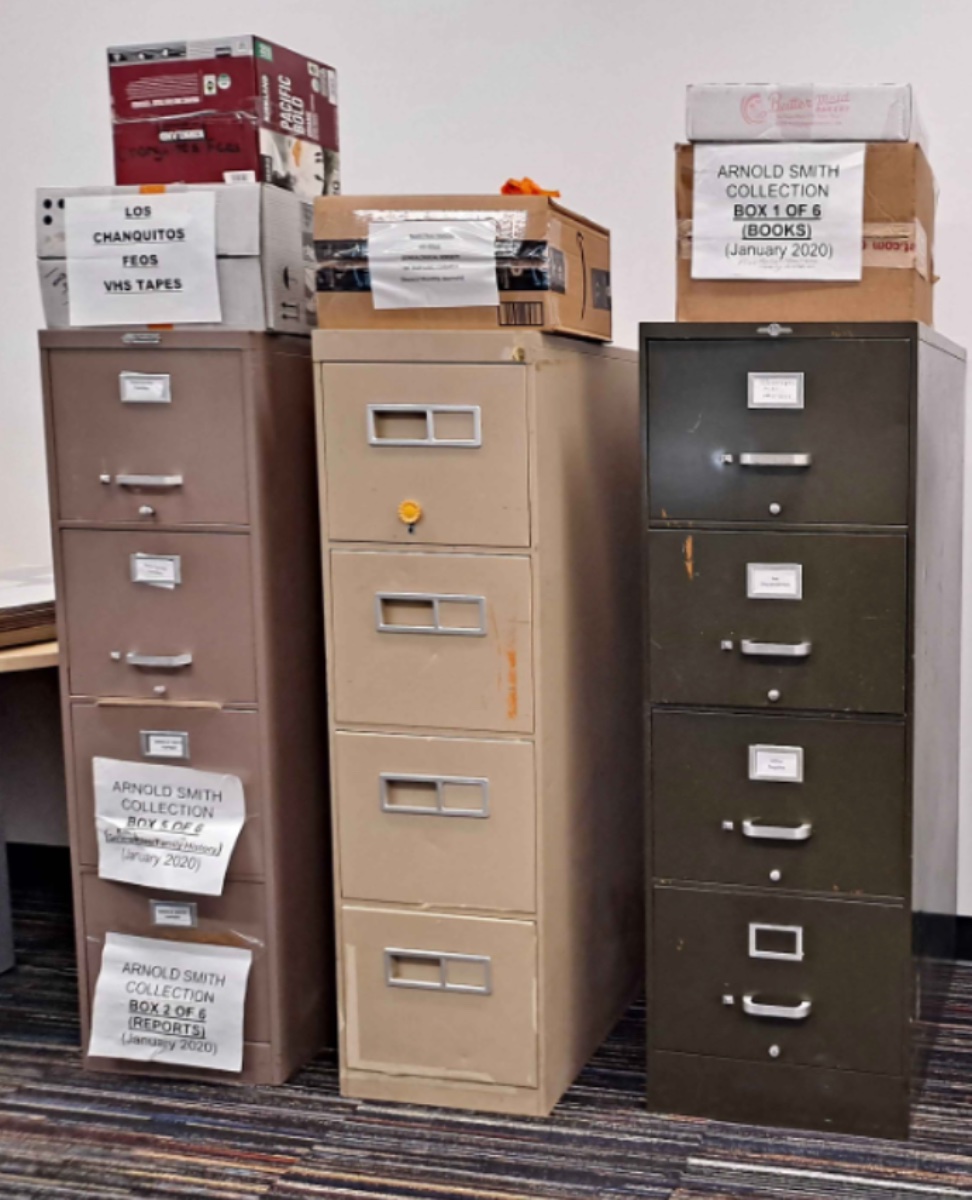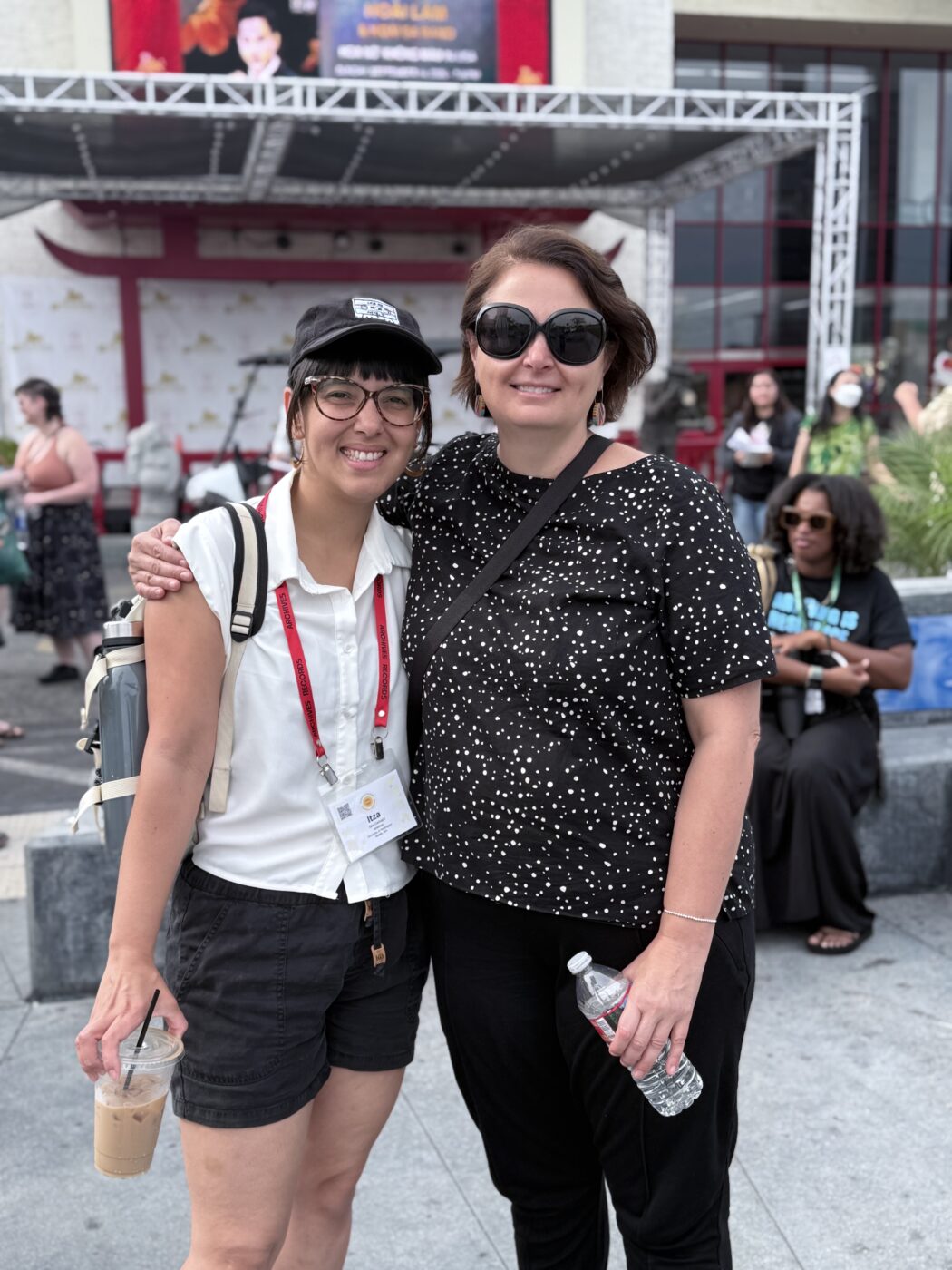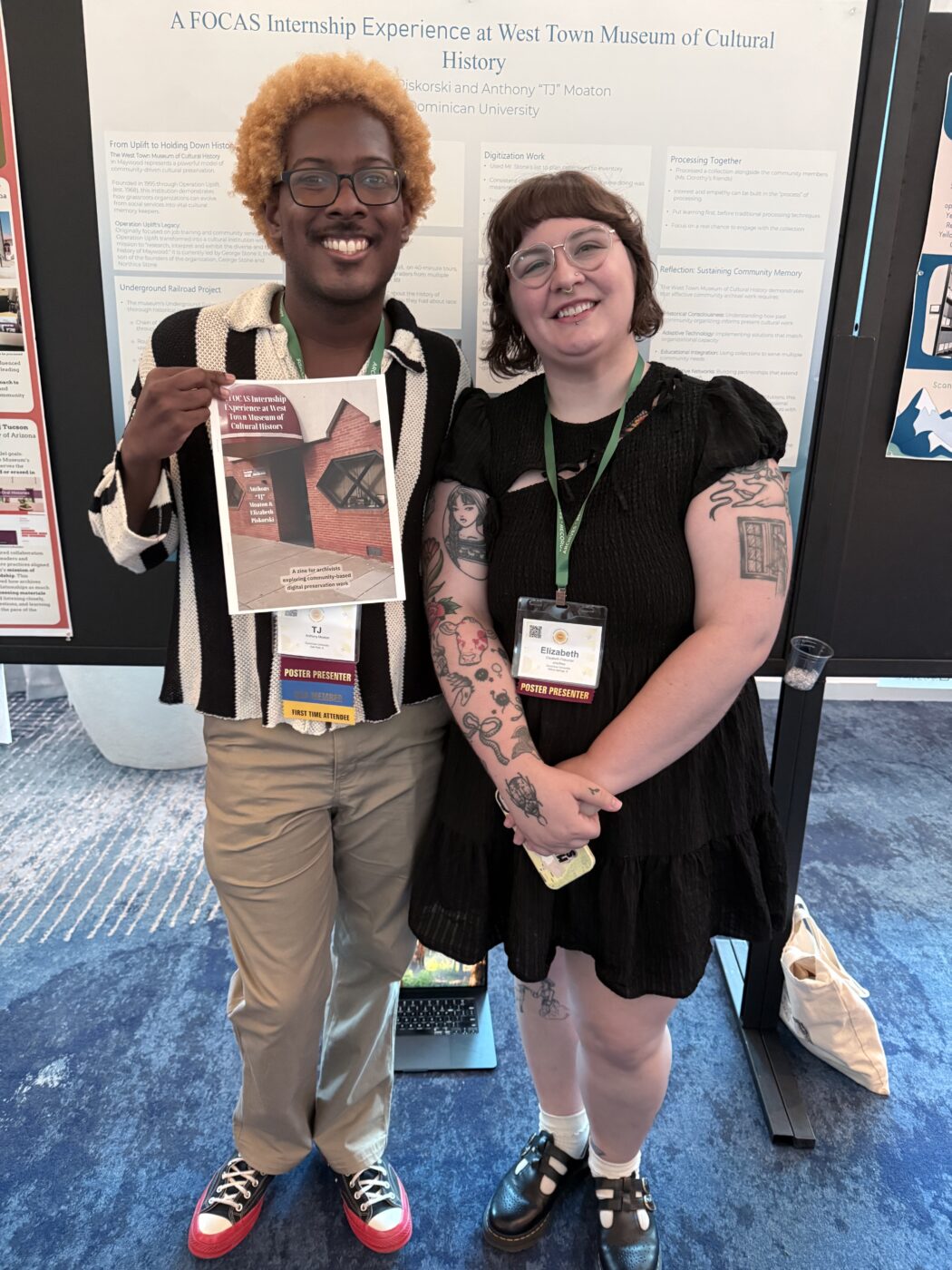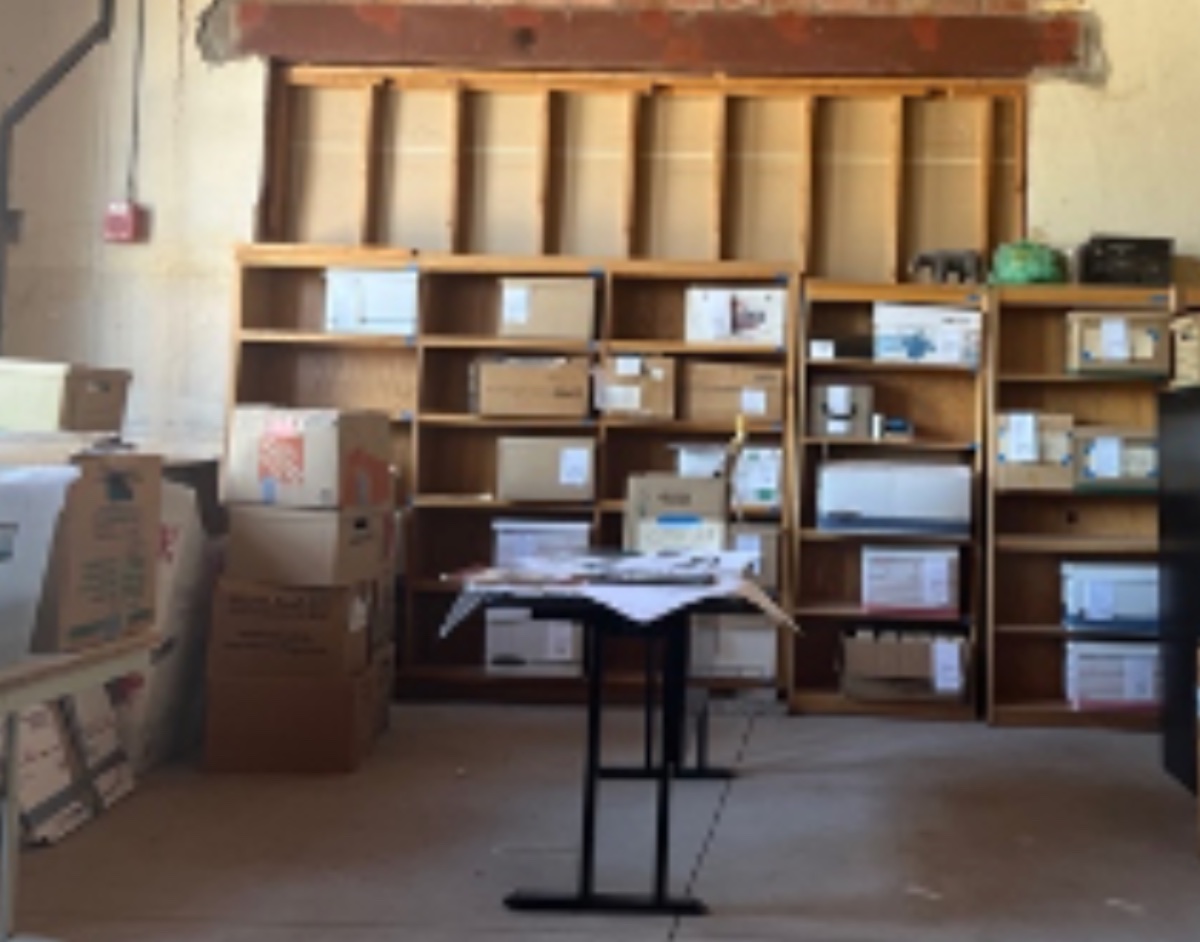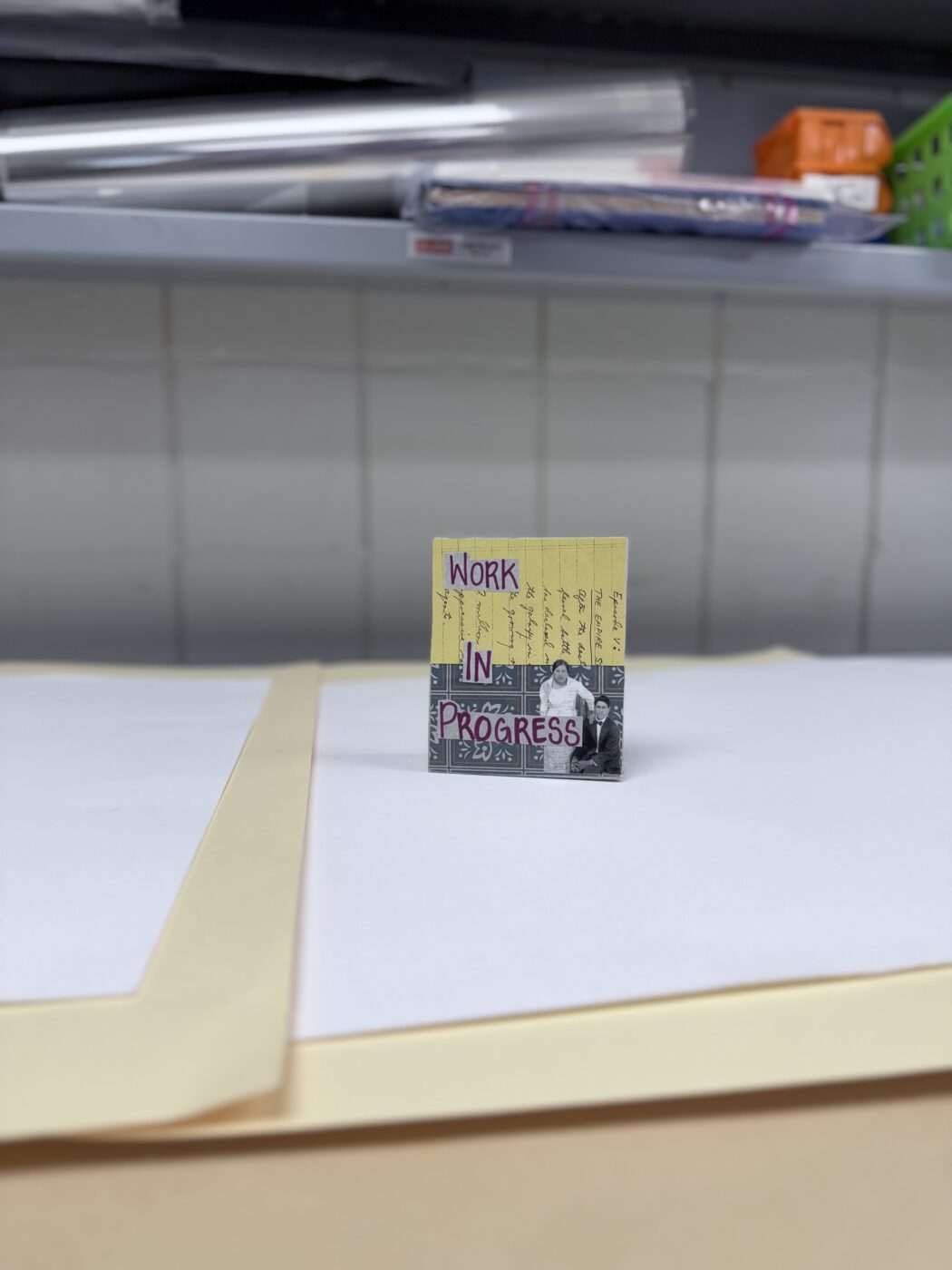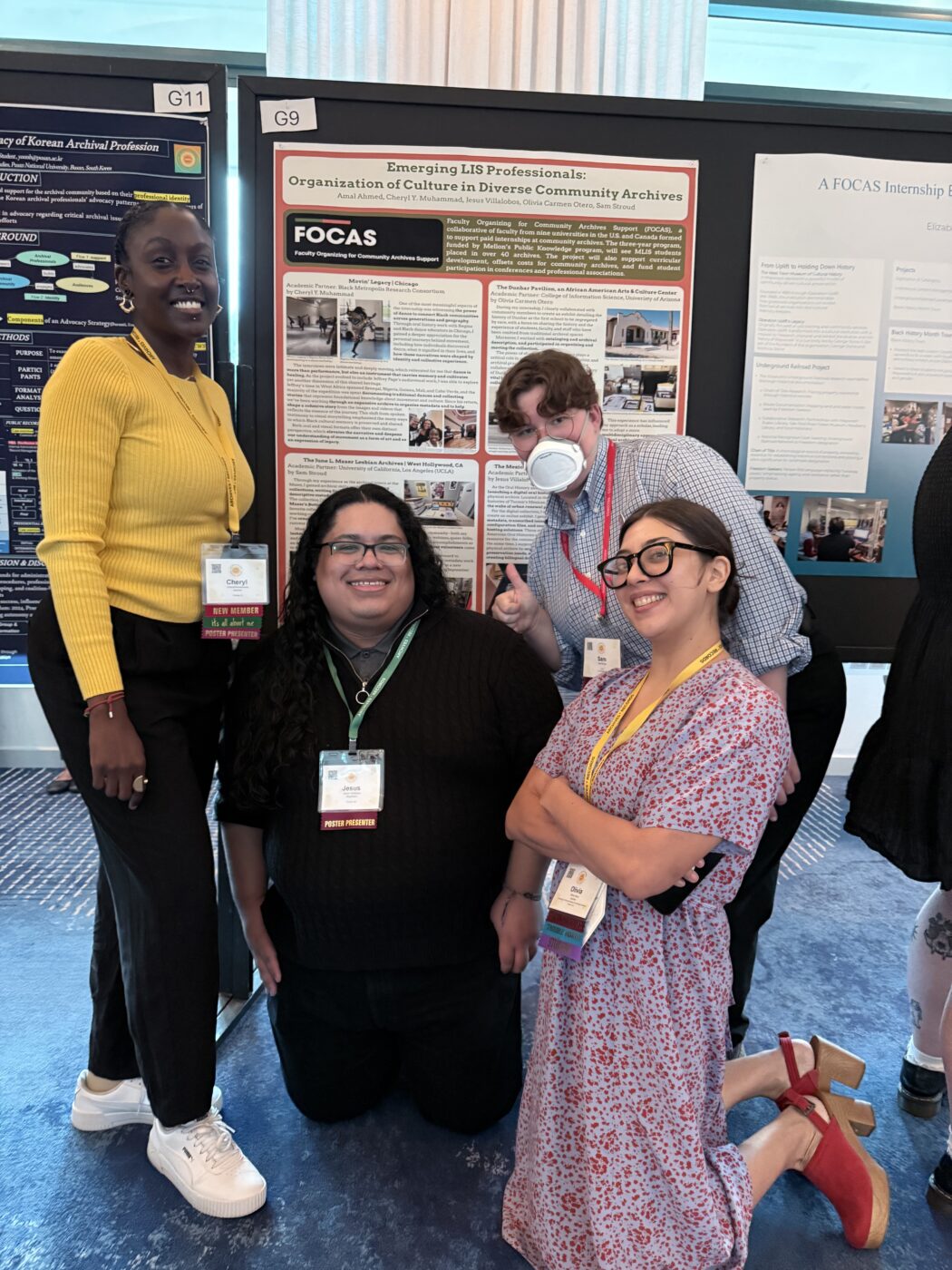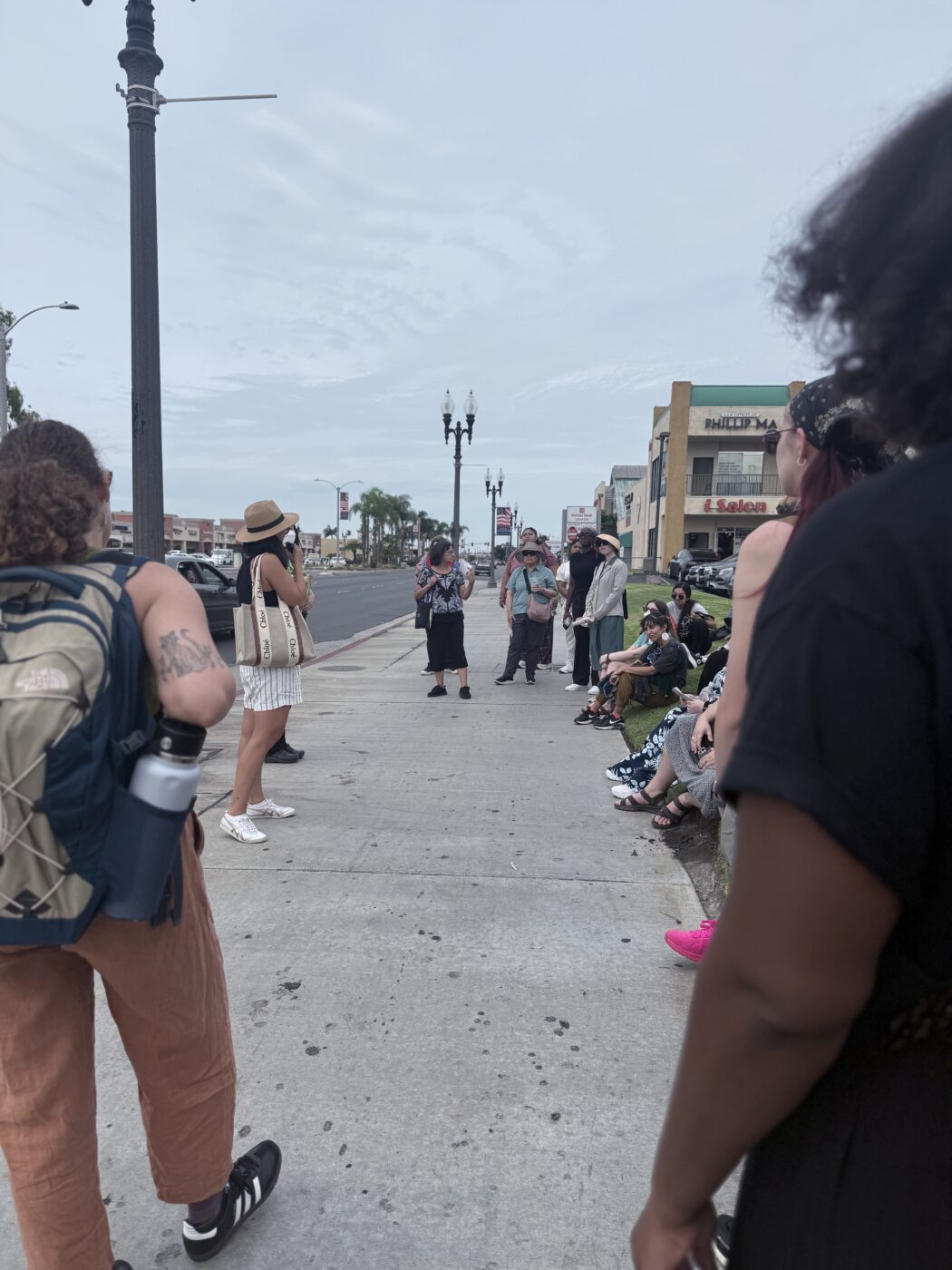The FOCAS collective is committed to sharing resources which includes scholarly publications, media productions, and creative and critical scholarship as well as community-engaged productions. Here is where we feature the work of our principal investigators, researchers, student interns, and community archivists.
-
Urgent Archives: Enacting Liberatory Memory Work
by Michelle Caswell
2021, Routledge PressUrgent Archives argues that archivists can and should do more to disrupt white supremacy and hetero-patriarchy beyond the standard liberal archival solutions of more diverse collecting and more inclusive description.
Grounded in the emerging field of critical archival studies, this book uncovers how dominant western archival theories and practices are oppressive by design, while looking toward the the radical politics of community archives to envision new liberatory theories and practices. Based on more than a decade of ethnography at community archives sites including the South Asian American Digital Archive (SAADA), the book explores how members of minoritized communities activate records to build solidarities across and within communities, trouble linear progress narratives, and disrupt cycles of oppression. Caswell explores the temporal, representational, and material aspects of liberatory memory work, arguing that archival disruptions in time and space should be neither about the past nor the future, but about the liberatory affects and effects of memory work in the present.
Urgent Archives extends the theoretical range of critical archival studies and provides a new framework for archivists looking to transform their practices. The book should also be of interest to scholars of archival studies, museum studies, public history, memory studies, gender and ethnic studies and digital humanities
-
“I’m also prepared to not find me. It’s great when I do, but it doesn’t hurt if I don’t”: crip time and anticipatory erasure for disabled archival users
Using data collected through semi-structured interviews with disabled archival users, this article foregrounds disabled people’s relationships with time, specifi- cally to pasts and representations thereof in archival material. It illustrates the ways in which disabled people use their knowledge of how disability is understood—in archives and in society—to anticipate their erasure in archival material. First, focus- ing on the past, this data illustrates the prevalence of disability stereotypes, tropes, and limited perspectives within the records that document disabled people. Second, in witnessing such representations (or lack thereof), disabled researchers described how they are affectively impacted in the present moment: witnessing the violence of the past is emotionally difficult for many disabled people researching their histories. Third, using past experiences of archival erasure, interviewees described coming to expect and anticipate future absences—anticipation as an affective mode helped them prepare to encounter forms of erasure, to protect themselves against possible harms, and to hope for something different, all of which reflects their experiences of how disability is understood in society. This data reflect the way anticipation is a central facet of crip time—the multiple ways that disabled people experience time, pace, and temporal moments—to show how disabled people feel through multiple temporal landscapes and approach historical and archival representation.
-
Documenting Doha: Community Archiving and Collective Memory in Qatar
In this article, I demonstrate how Qataris, in not seeing themselves or their communities reflected in these modern-day mainstream institutions, are actively engaging in community archiving activity. I maintain that community archiving activity is happening in Qatar (and other places in the Arabian, also known as Persian, Gulf) because of the estrangement the importation of foreign heritage expertise has caused. I call for us to recognize how everyday Qataris, neither heritage “experts” nor professionally trained archivists and yet possessing expertise in their own cultural practices, have created cultural identity-affirming archival collections within the last decade on social media sites such as Instagram and Twitter. The article draws on my experience teaching graduate students in a Library and Information Science program in Qatar for three years. As an insider/outsider, a Muslim, Black American instructor working at a branch of a British university in Qatar, I was privy to the intellectual discussions of heritage sector colleagues as well as the private reflections of local Qatari and Qatar-born students on the state of heritage projects in their country.
-
Fostering Transformation: Ethnic Studies as Critical Intervention for Primary Source Pedagogy
Authors
Eagle Yun, Audra
Tribbett, Krystal, Ph.D.
Vo Dang, Thuy, Ph.D.
et al.This chapter makes a case for critical engagement with ethnic studies and community-based archives through primary source instruction. The research project Transforming Knowledge/Transforming Libraries (TKTL) examined how libraries might become essential partners in providing ethnic studies students with the tools and language to present, preserve, and disseminate community history. This chapter discusses the TKTL primary source workshop design and offers a reflection on data collected over two years, including responses from student participants who were awakened, empowered, and transformed by the experience of critically engaging history through these workshops. This pedagogical method may activate the power and agency of students as records creators, building new generations of stewards of community history.
-
In Critical Condition: (Un)Becoming Bodies in Archival Acts of Truth Telling
Jamie Lee
This article engages the archives as a space of multimodal truth telling that challenges the traditional understanding of archives as “autho- rized evidence.” This inquiry, specifically into oral history interviews produced for and within the archives, works to further disrupt the long-standing tradi- tional archival paradigm that advocates for a static and fixed archival record. To recognize an archival record that is neither static nor singular is to recognize how static and singular records have functioned in the archives. Drawing on Michel Foucault’s 1983 essays and lectures on parrhesia – often translated in English as “free speech” and defined as the process of telling and confronting one’s truth – I posit that multiplicities related to subjects and subjectivities offer kaleidoscopic connections between the storyteller and the stories and truths they tell. Through analysis of distinct oral history interviews I conducted for the Arizona Queer Archives and with an emphasis on the narrator, Foucault’s parrhesiastes, I argue that truth telling emerges through oral history methods that might best support (un)becoming bodies and bodies of knowledge in the archives to trouble the archival record in a generative way.
-
Origin stories and the shaping of the community‑based archives
This paper centers a three-year research project into community-based archives and the power of their naming practices. Expanding the idea of naming practices to further consider how the archives itself is defined and understood by the creators, donors, and communities that are represented therein, the co-authors consider the emergent focus on origin stories told about the founding of community-based archives. The lead author attends to the community/institution dichotomy to con- sider how such relationality insists on a both/and understanding wherein the lan- guage of the origin story is centered in relations and informs how archives con- tinue to become. Through auto-ethnographic and intimate theorizing and analysis, the lead author offers a self-critique on naming practices and self-identification to account for the shape of the archives over time.
-
Toward A Framework For Vietnamese American Studies: History,Community,and Memory
THE PRESERVATION AND PRODUCTION
OF DIASPORIC KNOWLEDGE
Oral History and Archival Contributions
Thuy Vo Dang
-
Envisioning a Paid Community Archives Internship Program: Challenges and Opportunities
This article provides background on community archiving as it relates to a group of faculty members currently working together to address the challenge of reimagining archival education to center non-dominant archival traditions and the restructuring of internship programs to provide financial compensation, by asking how MLIS programs might transform to better serve both minoritized communities and minoritized students. We focus on MLIS Education and Dominant Archival Theories and Practices, to explore the challenges of and possibilities for a large-scale North American effort to support paid internships at community archives.
Journal of Education for Library and Information Science 2024 Vol. 65, No. 4 DOI: 10.3138/jelis-2023-0032
